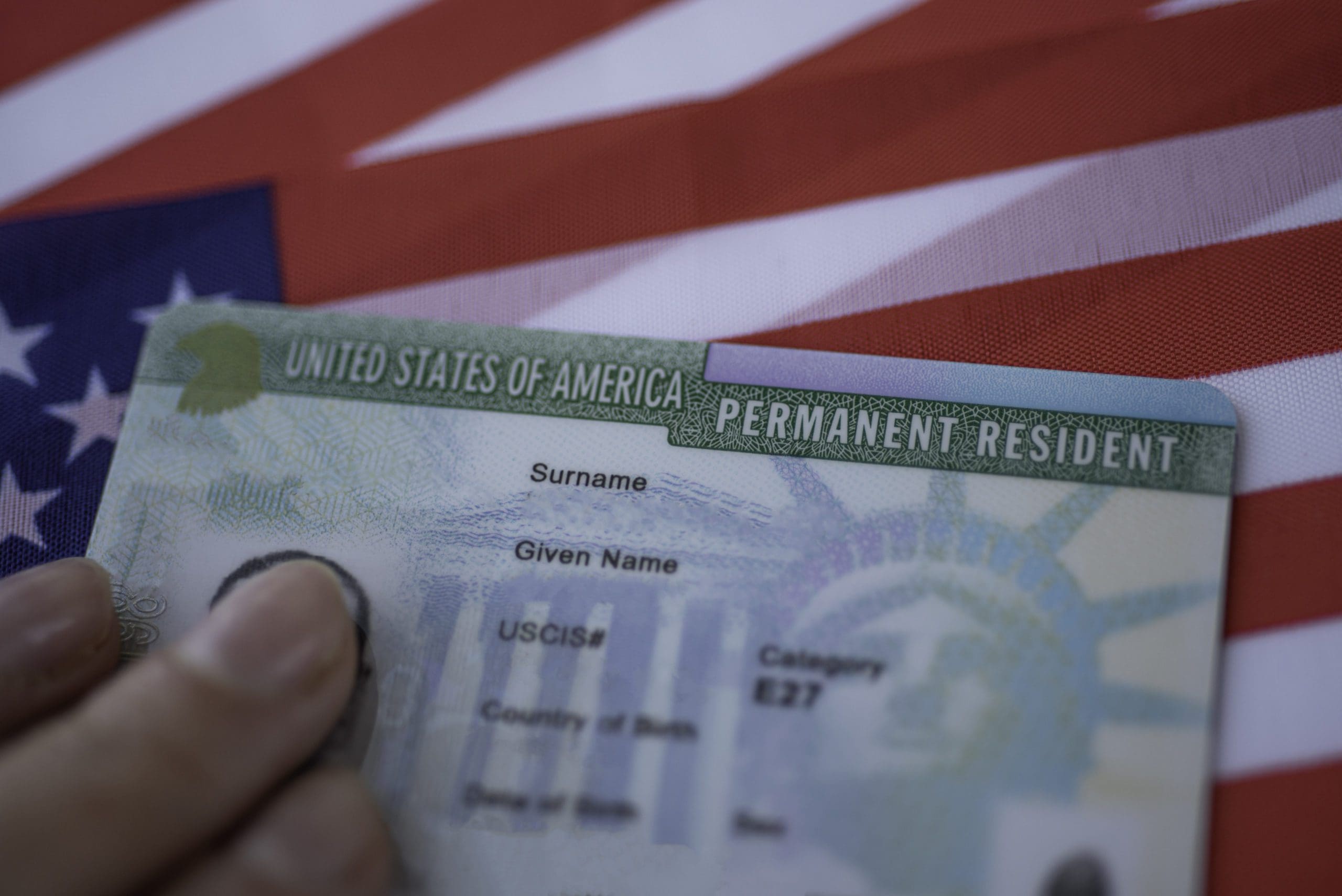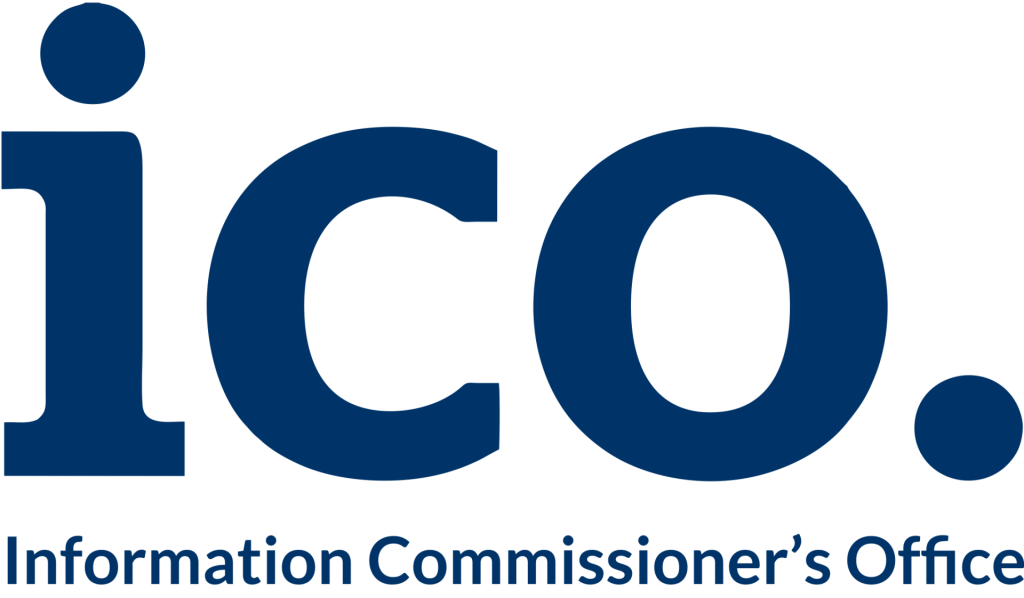The inclusion of criminal records in background checks has long been controversial. On one hand, employers must protect their businesses and clients. On the other, candidates argue for second chances, especially for minor or outdated offenses. By 2025, this debate is set to intensify as societies worldwide push for fairer hiring practices. In many jurisdictions, laws already limit the extent to which past convictions can influence hiring. For instance, “ban the box” policies prevent asking about criminal history at the application stage. This ensures candidates are evaluated on merit first. However, sensitive industries such as healthcare or finance will always require stricter checks.
Technology is also playing a role in balancing fairness. AI-driven criminal background checks are designed to highlight only relevant and legally permissible records. This reduces the chance of unfair discrimination while still protecting organizational interests. Employers must ensure they adopt these ethical systems. Ultimately, the future lies in contextual hiring. A past mistake should not automatically disqualify a candidate, but employers must weigh the nature of the offense against the responsibilities of the role. Fairness, compliance, and risk management will remain the cornerstones of using criminal records in 2025 and beyond.
Criminal Records in 2025: The Debate on Second Chances


































